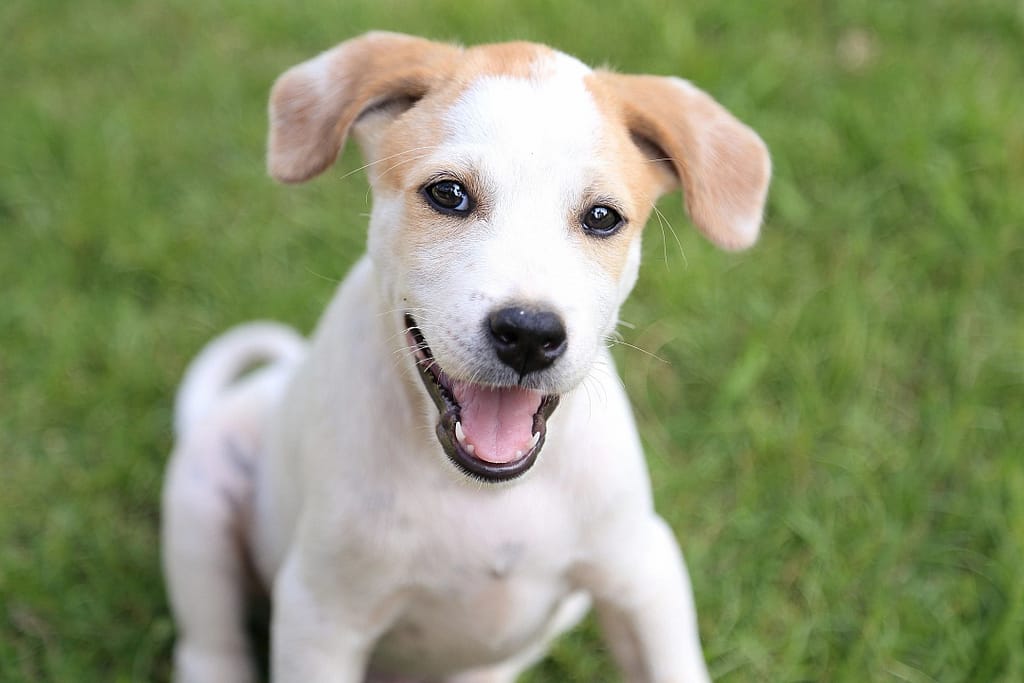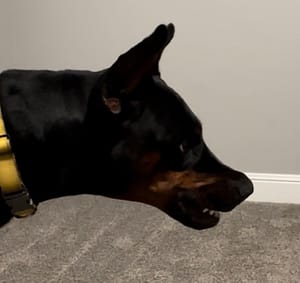Key Considerations for Pet Owners of Small Dogs: Choosing a Sitter

Small dogs can bring big complications for pet owners mostly because their care can be very different from larger dogs. In this article, we’ll explore important factors and considerations that owners of small dogs should keep in mind when evaluating potential sitters, ensuring a positive and stress-free sitting experience for both pet and parent.
Understanding the Needs of Small Dogs:Small dogs, often affectionately referred to as “toy breeds” or “lap dogs,” have distinct characteristics and requirements that differentiate them from larger breeds. These pint-sized pups typically have higher energy levels, delicate physiques, and specific socialization needs. When evaluating potential sitters for your small dog, it’s crucial to consider these unique traits and ensure the sitter has the knowledge, experience, and understanding to meet your dog’s needs effectively.
Key Considerations for Small Dog Owners When Choosing a Sitter:
Experience with Small Breeds: Look for dog sitters who have experience working with small dogs and are familiar with their unique behaviors, temperaments, and care requirements. Experience with small breeds demonstrates the sitter’s ability to handle delicate and sensitive dogs effectively.
Safety and Security: Prioritize the safety and security of your small dog by selecting a sitter who can provide a safe and secure environment. Ensure that the sitter’s home or facility is free from potential hazards such as small gaps, sharp objects, or toxic substances that could pose a risk to your dog’s well-being. Specifically, question the sitter on their policy for large dog and small dog interactions. Large dogs with otherwise great temperament may view smaller dogs as prey animals and this is something that the sitter should be aware of and monitoring. It only takes one mistake for a fatality to occur.
Size-Appropriate Accommodations: Choose a sitter who can offer size-appropriate accommodations and amenities for your small dog. Ensure that the space is comfortable, accessible, and conducive to your dog’s needs, including cozy sleeping areas, secure outdoor areas, and appropriate facilities for eating, drinking, and play.
Gentle Handling and Interaction: Small dogs require gentle handling and interaction due to their delicate size and stature. Select a sitter who demonstrates patience, care, and sensitivity when interacting with small dogs, avoiding rough handling or excessive force that could cause stress or injury. Small dogs often don’t like being overhandled (picked up and held constantly) so make sure the sitter respects their autonomy if they prefer not to be picked up.
Understanding of Small Dog Behavior: Seek out sitters who have a deep understanding of small dog behavior, including common traits such as separation anxiety, territorial behavior, and small dog syndrome. A knowledgeable sitter can anticipate and address potential challenges effectively, ensuring a positive and harmonious sitting experience. Small dog syndrome in particular which is a small dog believing itself to be much larger and dominant over larger dogs is very problematic because on the one hand you could let a larger dog correct this type of aggressive behavior but large dogs often aren’t calibrated to give an appropriate correction that isn’t too much. The best solution usually? Ignore the bad behavior and distract the dogs that are the target of their aggression. Eventually they’ll chill out.
Socialization Opportunities: Choose a sitter who can provide socialization opportunities for your small dog, whether through supervised playdates with other small dogs or structured activities that promote positive interactions and confidence-building.
Health and Medical Care: Ensure that the sitter is equipped to address your small dog’s health and medical needs, including administering medications, monitoring for signs of distress or illness, and responding promptly to any health-related concerns. Small dogs live longer on average and seem to be more heavily medicated than other dogs due to the advanced age they can reach. Make sure the full medication routine is known to the sitter and behaviors to watch out for.
All of these points are valid considerations but what is the main thing that I would want to know if I had a small dog? Does the sitter plan to have large dogs around my dog and is their yard and house secure for small dogs. A 100lb Doberman shouldn’t be around a Chihuahua without extensive vetting and monitoring if they aren’t from the same household. I own a 100lb Doberman and he’s great and friendly with small dogs- still wouldn’t trust him alone with a small dog. If you notice the sitter has a fence out of repair or a lot of spots in their house for a small dog to fall or potential for getting smashed it may not be the best fit.





